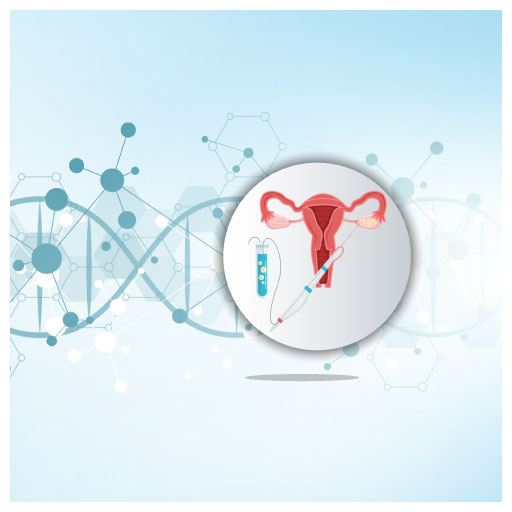Intrauterine insemination (IUI) is a widely recognized and effective procedure used to address certain types of infertility. The process involves the insertion of specially prepared sperm directly into a woman’s uterus during her ovulation period. This strategic placement significantly increases the likelihood of sperm reaching the egg, thereby enhancing the chances of conception. IUI is often recommended for couples facing challenges such as unexplained infertility, mild male factor infertility, or cervical mucus issues, making it a versatile option in fertility treatment.
The IUI procedure is typically performed in a clinical setting and begins with monitoring the woman’s ovulation cycle through ultrasounds and hormone tests. Once the optimal time is identified, a sperm sample—either from a partner or a donor—is collected and processed in the laboratory to concentrate the most motile sperm. This preparation ensures that the highest-quality sperm is used, increasing the likelihood of successful fertilization. The actual insemination process is relatively quick and involves a thin catheter, which is guided through the cervix into the uterus, allowing for a minimally invasive and comfortable experience for the patient.

